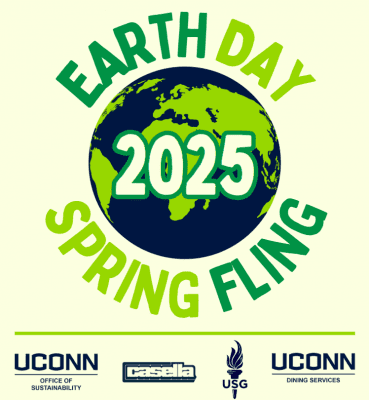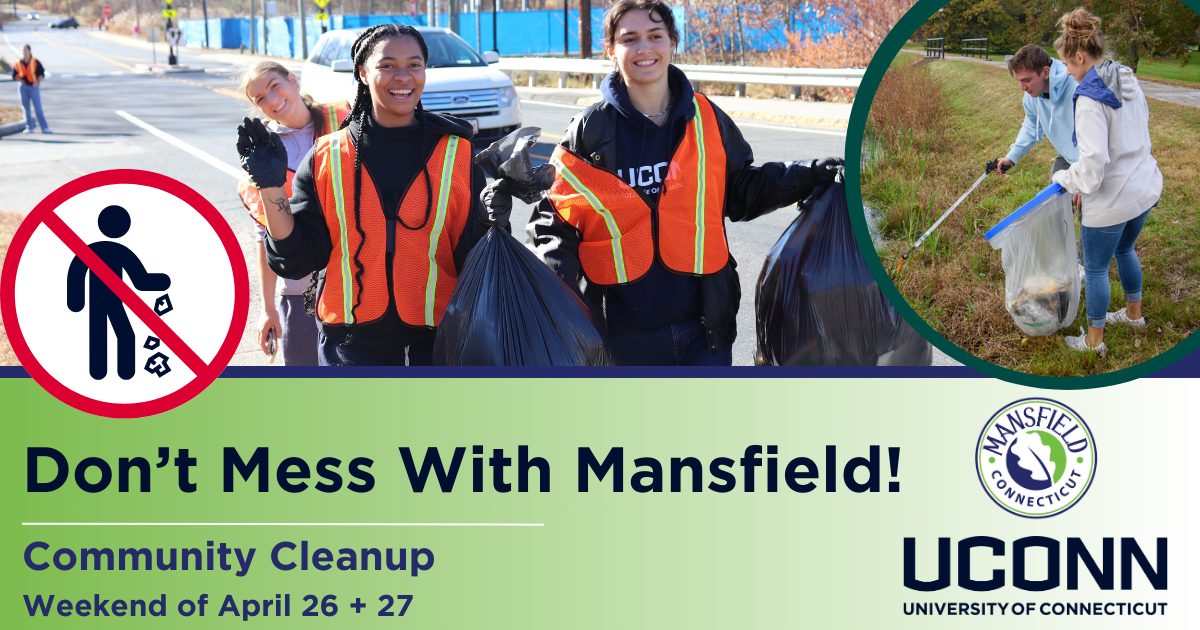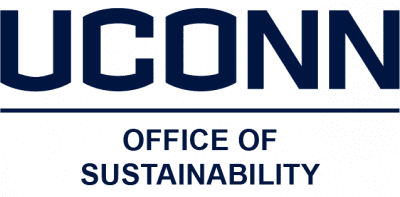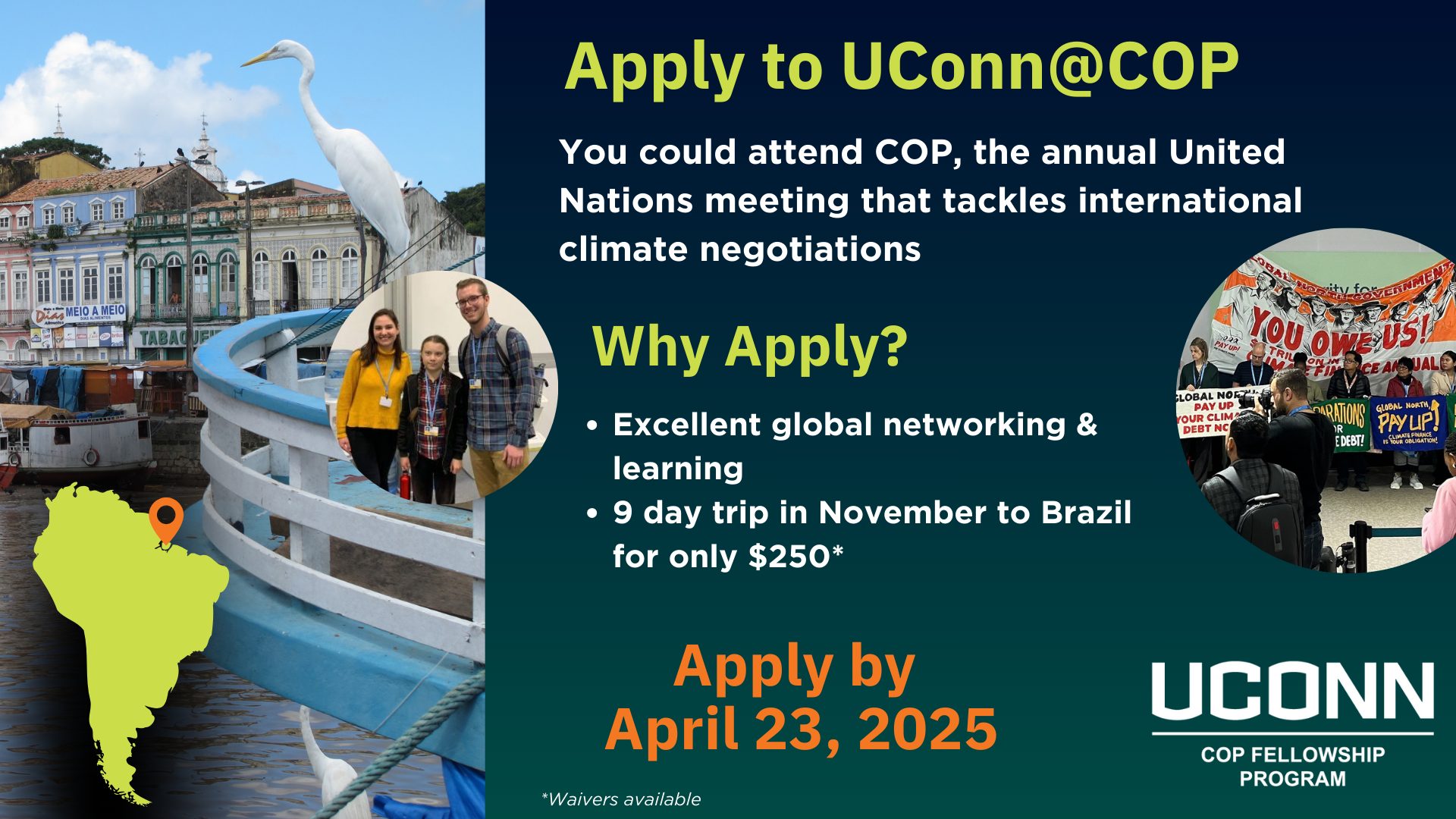Climate justice is a confusing thing. You want to believe it, understand it, see it, and address it. But, it’s honestly confusing, messy, and quite frankly disruptive.
This is my second time having the privilege to attend a COP. My first COP, which was COP27 in Egypt, was my first real unraveling of climate justice. I always believed myself to be someone that cared about social issues, and then felt it was my responsibility or moral imperative to understand climate justice.
At COP, there is an incredible display of climate leaders from around the globe. From Ministers in the EU making climate finance deals to frontline communities in South Africa screaming at the top of their lungs to demand justice for their lives. It was the first time I felt in my bones how unequally different communities across the earth were to be affected by the climate crisis, and how it felt. How it felt to them, their reaction to it, and how it felt in my body.
I knew it was an injustice. Although, not only how unequally consequences of climate change were to be felt, but something more pervasive. I was lucky to have university professors on the trip, including Phoebe Godfrey, that were welcoming enough to hold my hand to the learnings of climate justice.
Climate justice revealed to me that the roots of the climate crisis are not just greenhouse gas (GHG) emissions, but the legacy of decades long exploitation of people and our planet in the pursuit of profit. It doesn’t just look at GHG emissions at the problem, but rather as the symptom of a systemic wide problem of what our society values and the harm it’s willing to conduct to achieve it.
Now, it’s time to hold space for how this feels. This is scary. This makes my bones hurt. My heart deflates, and genuinely rattles my body with fear. What was already a complicated and atrocious problem of GHG emissions, just got bigger and more complicated. Climate justice seeks to unpack the power and politics that is wrapped up in the climate crisis that often attempts to be shielded.
At COP29, this year I wanted to continue my understanding of the complexity of climate justice. This past year, I had been exposed to a lot of learnings around the impact of the military and global war as tied to the climate crisis, highlighted by the wars in Gaza, Ukraine, and Sudan, and how it prevails to upholding, perpetuating, and causing global injustices. I had also learned more about topics including colonialism, imperialism, capitalism, and facism – how these concepts are defined and how they present themselves in policy and practice.
Climate justice is overwhelming. And I wanted COP29 to give me more clarity and insight on what climate justice is, how to communicate about it, and how to address it. I wanted to understand my role in climate justice and climate injustice, and how I can be an individual person and community member in the movement. I want to give my mind, body, and soul to the folks at the frontline, and fully absorb and embody the struggles they are amplifying and what actions they are asking for.
And to be frank, I struggled. I would listen in on education events, and be filled with self-doubt, confusion, and fear around messaging and desperately trying to find the truth. My heart would feel one thing, and my mind would take my body in another direction. Some webinars would talk about capitalism, some would not. Some events would digest the military, some wouldn’t with a 10-foot pole. If I want to amplify climate justice, who am I to listen to? What am I to amplify? What am I to unpack in myself, and how do I not reaffirm false narratives and perpetuate harm?
One of the last events that our team went to during the Blue Zone at COP29 was the People’s Planetary. This event included community activists at the frontlines of climate injustice across Palestine, Lebanon, Sudan, Africa, and more to vocalize the reality of their experiences. It was one of the first events of COP29 where I got to experience people just fully telling their truth. A Palestinian activist showed footage of people being brutalized by the Israeli military and their homes being bombed. A Lebanese activist shouted how their family was being attacked and how afraid they were. A Sudan activist cried on how no one was talking about Sudan while people were being murdered. She could barely get through their sentences.
I felt afraid. Scared. Sad. Those feelings didn’t go away with this event. They intensified. However, it was one of the most important events I could have attended at COP29. Activists weren’t performing a stunt. They weren’t academics trying to prove a point, or industry trying to paint a certain image for their brand. They were just being honest. They were being real about their experiences, and how the powers that were not investing in climate finance at COP29, including the Global North, were raveging and sacrificing their communities. Murder and harm is ugly and disgusting, but it’s a reality of people in the Global South and what the fossil fuel industry and militarized countries have done and will continue to do to communities.
This event showed me that to understand climate justice is not to be perfect, an academic, or the most experienced person in the room. It’s about being brave, and honoring the truth of what powerful countries and fossil fuel industries have done to our planet and people.
These activists at the frontline know this truth because it’s a part of their lived experience. They cannot look away, and watch their communities be harmed and die. We must listen to them, and be brave enough to feel it in our bones. We must grieve, be sickened, and feel empowered enough to talk about it in our communities and shout it at the people in power. Not only because we should care about our brothers and sisters that are in harm’s way, but also it’s the only way to address the climate crisis honestly. Systems based on exploitation, violence, dominance will never serve the people, but only the interests of money and the people in power.
This article itself was hard to write. I was worried I would talk about climate justice wrong or say the wrong things. But, what I want to take from COP29 is to not be afraid, and trust myself to know the truths that I have heard. We must call out the Global North, the military, the fossil fuel industry for the harms they have perpetuated and the power they hold.
I ask you to stand with me, hold my hand, and be brave enough to amplify this truth as it is. Let’s talk about colonialism, racism, capitalism, imperialism, facism, militarism. Let’s see what we know and what we need to learn. We can be sad and afraid, but we can do it together just as we did at the People’s Planetary. This is where we can seek liberation from the climate crisis – not in resisting the truth, but resisting exploitation and aiming for revolution.
Sydney Collins is a Campus Climate Action Corps Connecticut – Climate Action Leader with the Office of Sustainability. She was also a UConn@COP Fellow in 2022.








 I arrived at COP29 in Baku, Azerbaijan, with a mix of hope and skepticism. With the world’s temperature getting close to the 1.5oC threshold, the stakes couldn’t have been higher. What struck me from the outset was the diversity of voices—from grassroots activists amplifying the concerns of the most vulnerable to policymakers navigating the complex web of international negotiations. This convergence reaffirmed a fundamental truth: addressing the climate crisis demands both collective resolve and individual responsibility.
I arrived at COP29 in Baku, Azerbaijan, with a mix of hope and skepticism. With the world’s temperature getting close to the 1.5oC threshold, the stakes couldn’t have been higher. What struck me from the outset was the diversity of voices—from grassroots activists amplifying the concerns of the most vulnerable to policymakers navigating the complex web of international negotiations. This convergence reaffirmed a fundamental truth: addressing the climate crisis demands both collective resolve and individual responsibility.